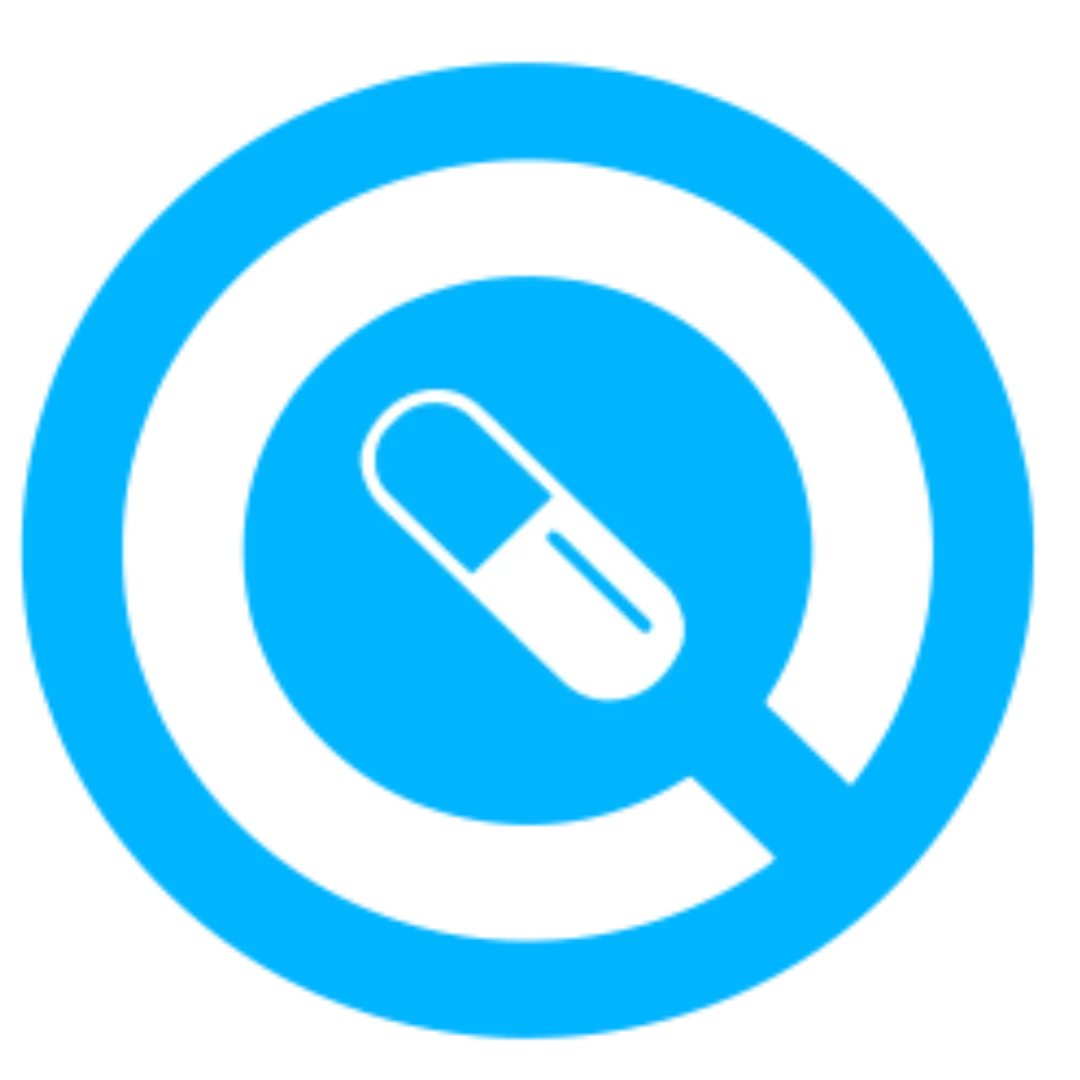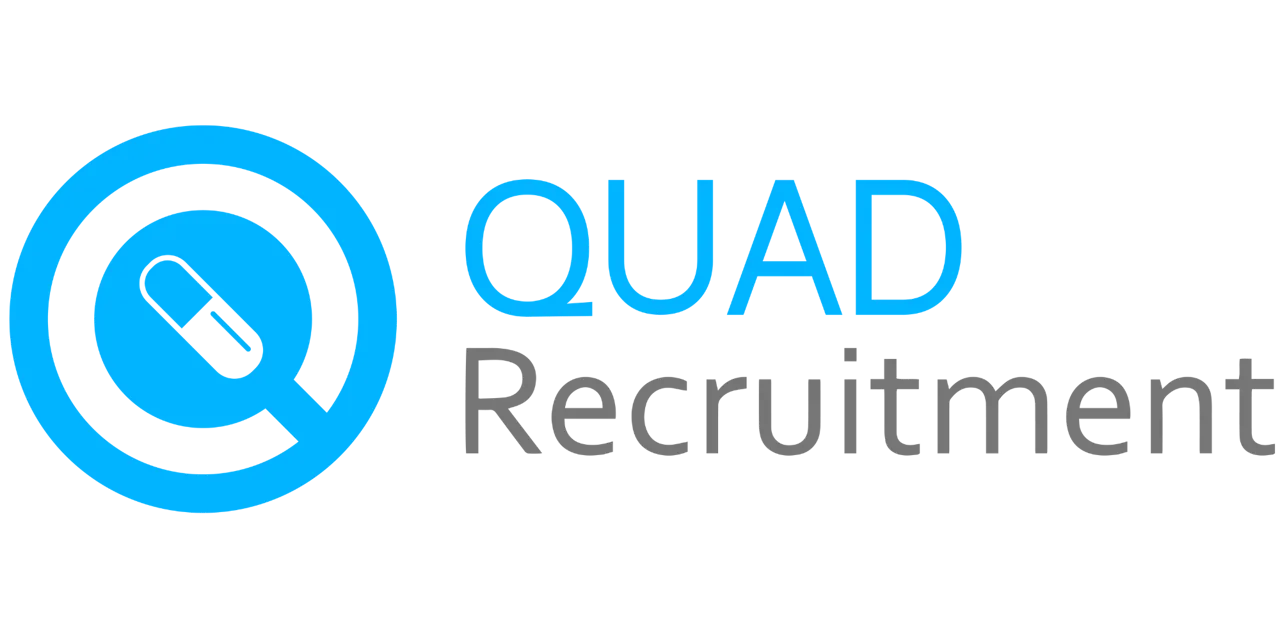Entry Into Pharmacy



Considering a Career as a Pharmacist?
If you're seeking a career in Pharmacy, we'll demonstrate here how you'll achieve this goal. If you're a prospective Pharmacist, we've got you covered!

1. Educational Requirements
A-Level Studies (or Equivalent)
- Subjects: Typically, you will need A-levels (or equivalent) in Chemistry and at least one other science subject such as Biology, Physics, or Mathematics.
- Grades: High grades are required, often AAB or AAA.
Bachelor’s Degree: Master of Pharmacy (MPharm)
- Course Duration: 4 years.
- Accredited Universities: Ensure the MPharm degree is from a university accredited by the General Pharmaceutical Council (GPhC).
- Content: The course covers a range of topics including pharmacology, medicinal chemistry, pharmaceutics, pharmacy practice, and clinical pharmacy.

2. Pre-Registration Training
Training Placement
- Duration: 1 year (52 weeks).
- Placement Settings: Can be undertaken in community pharmacies, hospital pharmacies, or other GPhC-approved sites.
- Activities: Gaining practical experience under the supervision of a qualified pharmacist, applying knowledge learned during the MPharm degree, and developing professional competencies.

3. Registration Assessment
GPhC Registration Exam
- Timing: Usually taken after completing the pre-registration training.
- Format: A combination of multiple-choice and short-answer questions covering clinical pharmacy, pharmaceutical calculations, and pharmacy law and ethics.
- Preparation: Structured study plans and practice exams are highly recommended.

4. GPhC Registration
Application for Registration
- Requirements: Successful completion of the MPharm degree, pre-registration training, and passing the registration assessment.
- Application Process: Submit an application to the GPhC along with the necessary documentation and fees.

5. Continuous Professional Development (CPD)
Ongoing Learning
- Mandatory CPD: Pharmacists must engage in CPD to maintain their registration and ensure their knowledge and skills remain up-to-date.
- Types of CPD: This can include attending courses, conferences, workshops, and self-directed study.

Career Specialisation and Further Training
Options for Specialisation
- Clinical Pharmacy: Working in hospitals or clinical settings.
- Community Pharmacy: Working in retail pharmacies.
- Industrial Pharmacy: Working in pharmaceutical companies, focusing on the production and quality control of medications.
- Academic or Research: Involvement in teaching or pharmaceutical research.
Further Qualifications
- Postgraduate Degrees: Opportunities to pursue further qualifications such as a PhD, MSc in Clinical Pharmacy, or other specialized areas.
- Professional Certifications: Additional certifications can be obtained in specific areas like prescribing, clinical specialties, or management.

Additional Considerations
Overseas Pharmacists
- Conversion Courses: Overseas pharmacists may need to complete an Overseas Pharmacists Assessment Programme (OSPAP) and additional training to meet GPhC requirements.
Work Experience
- Summer Placements: Engaging in internships or placements during the MPharm course can provide valuable experience and enhance employability.
Professional Memberships
- Pharmaceutical Society Membership: Joining professional bodies such as the Royal Pharmaceutical Society (RPS) can provide networking opportunities, resources, and support throughout your career.

Already Qualified?
We'd love to speak with you about our active roles! We have many opportunties for you to explore and discuss with a consultant. Drop off your CV with us to discuss your future.



